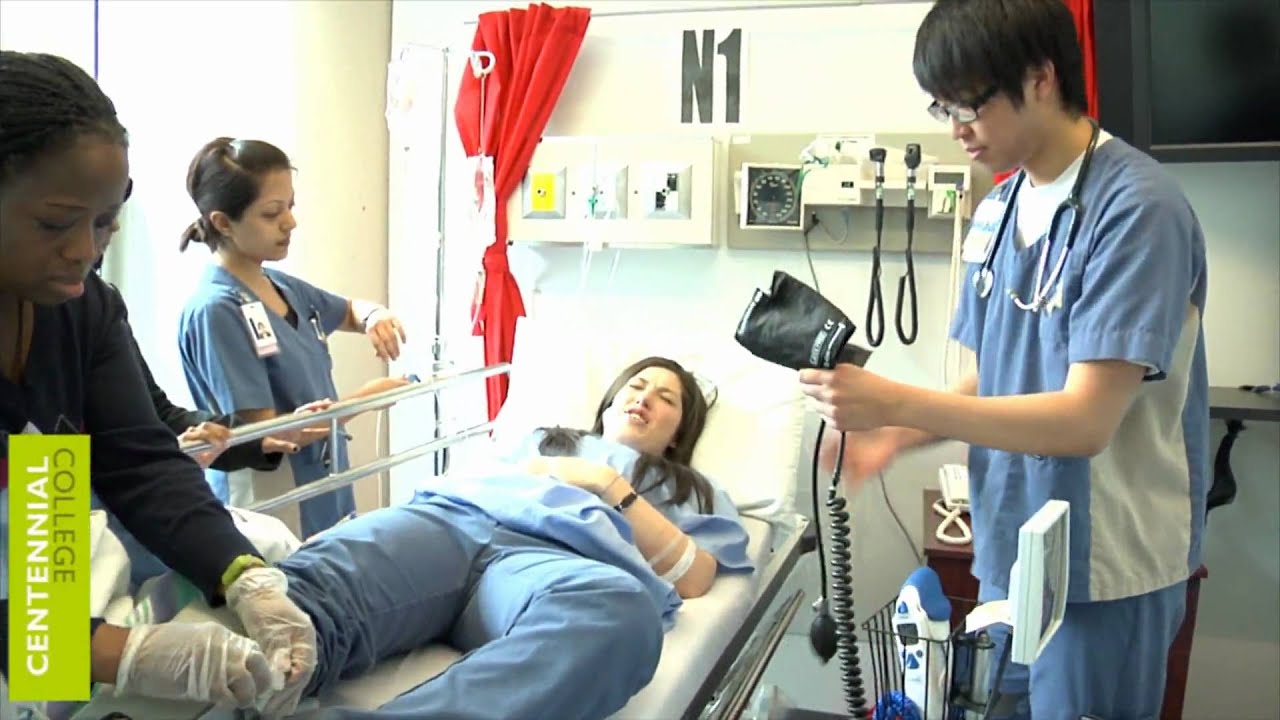Experiential Learning Requirements
Experiential Learning “supports students in gaining hands-on learning that helps them transition to employment”[1]. Experiential Learning can take the form of co-operative education, degree work placement, clinical/field placement, fieldwork/simulation labs, capstone/applied research projects, and service learning.
Field Placement or Clinical Placement
Prior to Clinical Placement in Semester 2, the following documentation must be complete and on file with the Health Studies Office:
Pre-placement Requirements
- Current CPR Certificate – level HCP – Health Care Professional (to be renewed annually)
- Valid First Aid Certificate (valid for 3 years)
- Completed Health Immunization record
- Negative TB test or chest x-ray (to be done annually)
- Police Vulnerable Sector Security Check (to be renewed every 6 months)
- Mask Fit card (indicating mask size)
- Proof of COVID-19 full vaccination
Students missing any part of this documentation will NOT attend clinical practice. Please note that all clinical placement requirements must be valid for your entire placement semester. It is the student’s responsibility to keep track of expiry dates to ensure your eligibility to participate in placements.
Your completed documents will be reviewed and processed by a third party agency Synergy, a system offered through ParaMed, which is for Health Record Clearance and Management Services for Clinical Pre-Placement.
For additional information on the clinical requirements for the OTA & PTA program, and the instructions for submission of those requirements, can be found at: www.centennialcollege.ca/SCHSClinicalandfieldplacements
Inquiry regarding placement documentation should be directed to placementrequirements@centennialcollege.ca
Each student will have access to a “Placement Manual” at the start of semester 2. Refer to this manual for further information on placement policies, expectations and evaluation. A copy of the manual will be provided to clinical supervisors at the start of each placement.
Attendance at the Clinical Fieldwork Placement
Attendance and performance are the key elements to success in clinical fieldwork placements. Student attendance for clinical fieldwork placements is mandatory. If the student is unable to attend due to medical or religious reasons, or due to an emergency, the student must notify both the Clinical Supervisor and the Program Coordinator/Faculty Advisor of the date and time of the missed day(s). If minimum clinical hours are not achieved the student will not be eligible to graduate. The student will need to arrange to make-up hours missed during placement as possible at the placement site.
Effort is made to secure placements within the Toronto and Scarborough areas, however, this cannot be guaranteed. Students may be assigned to any location that is accessible via public transportation. Students are required to arrange for their own transportation to and from placement sites. Costs associated with transportation will be the student’s responsibility. If a student has private transportation, then placement sites that are within a reasonably commutable distance may also be assigned.
Attire at the Clinical Fieldwork Placement
Students are expected to be dressed comfortably, yet professionally. Pants or knee-length walking shorts are recommended. A gray collared (golf) shirt and badge and student identification must also be worn at all times. Denim pants are not appropriate. Comfortable, closed-toe footwear is required.
Avoid using perfumes, aftershave and other scented products as many people have allergies and sensitivities to these products.
Students will be working in close proximity of other people. Good grooming and personal hygiene must be attended to at all times.
- Ministry of Colleges and Universities. (2020). Graduate and Employer KPI Surveys 2020-2021 Cycle Operating Procedures. ↵


